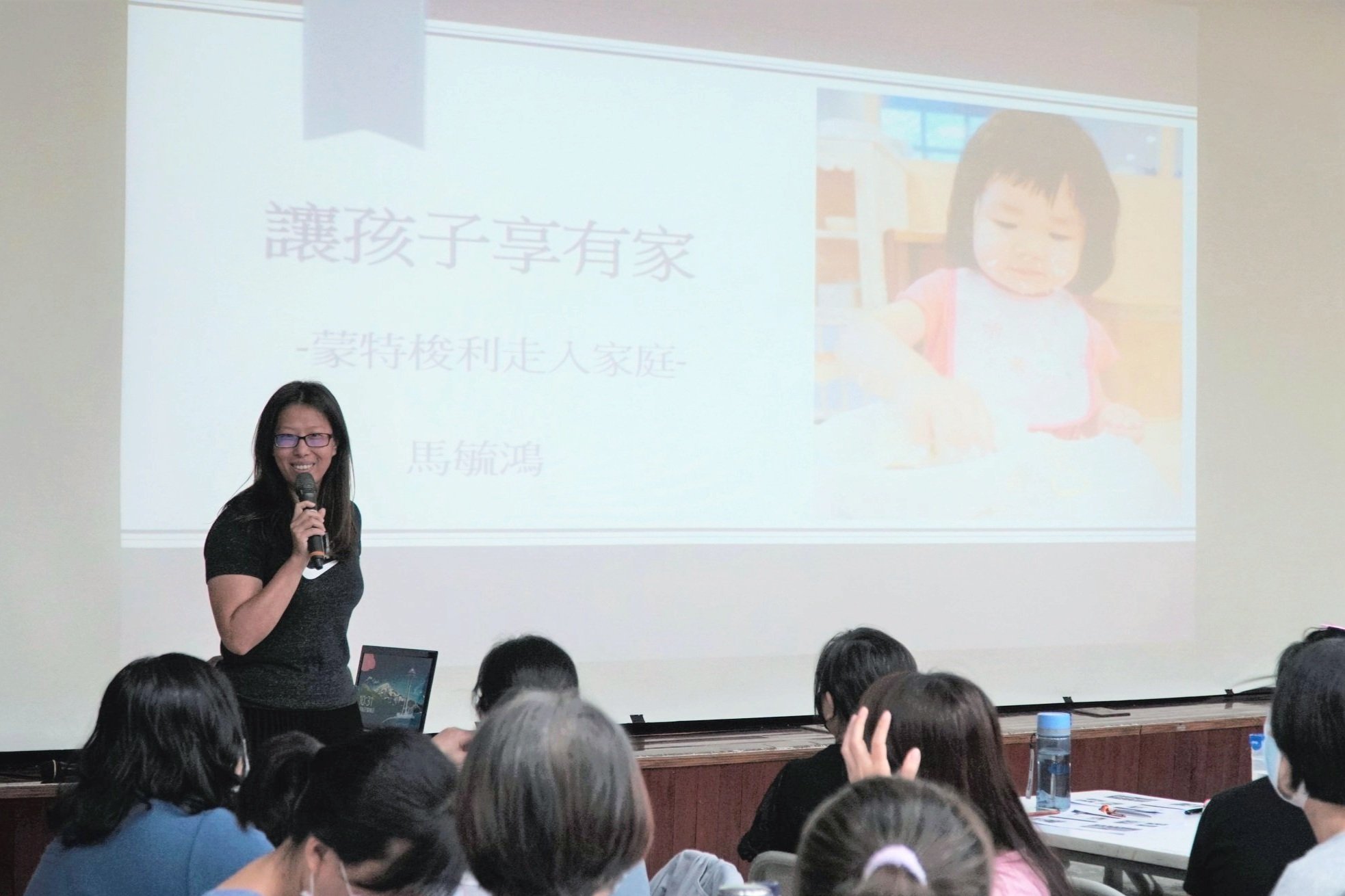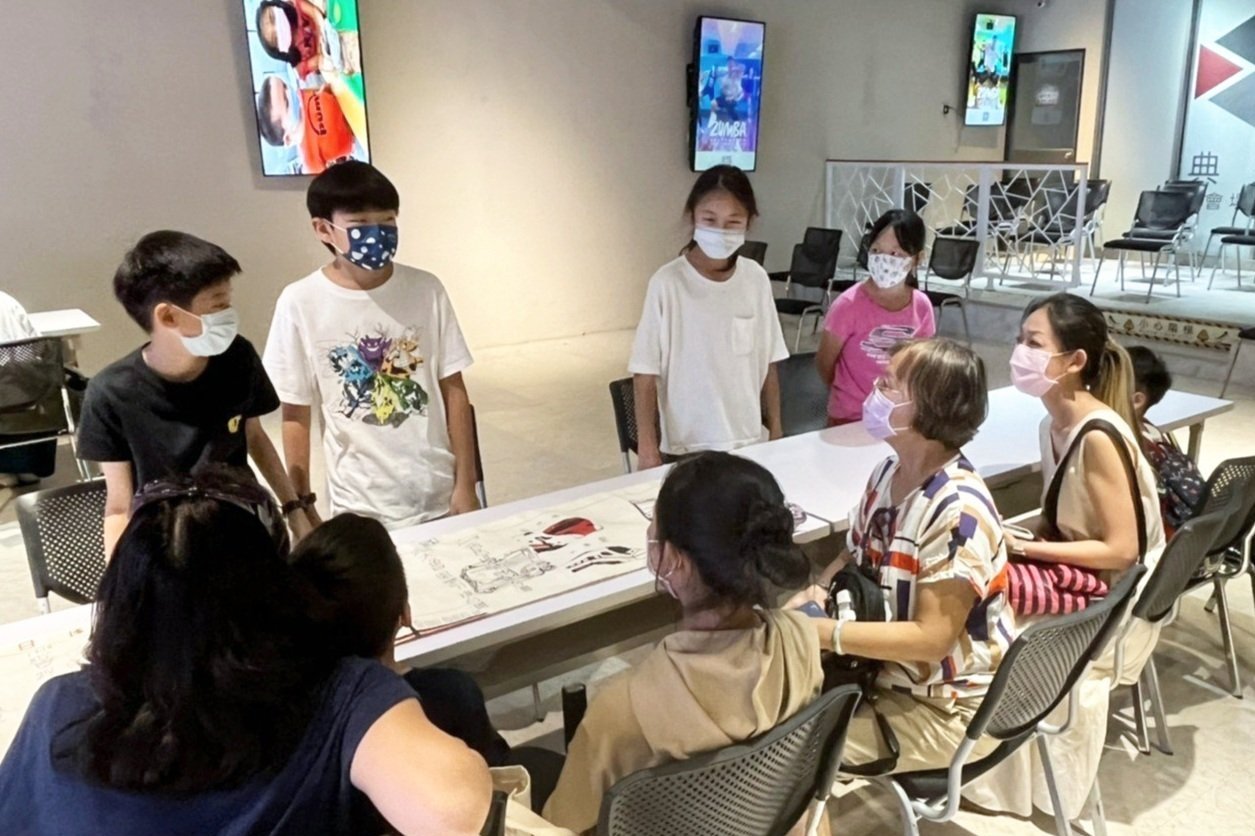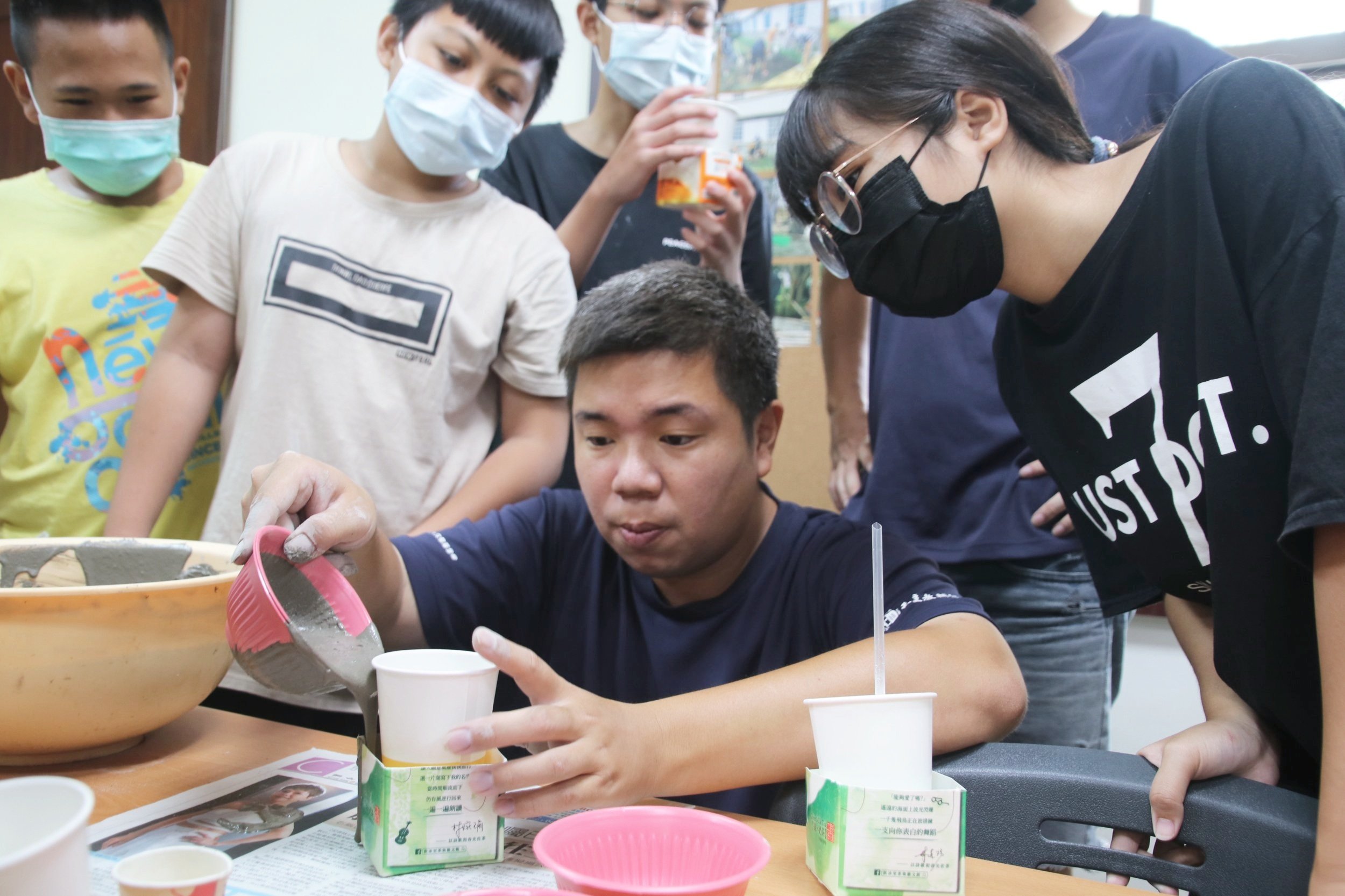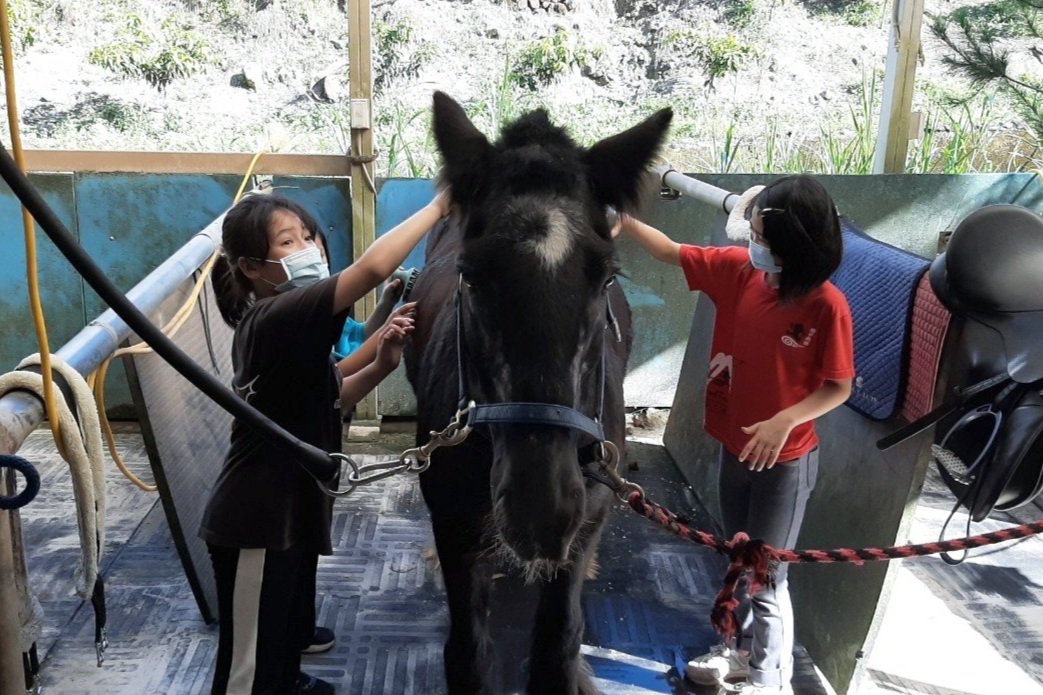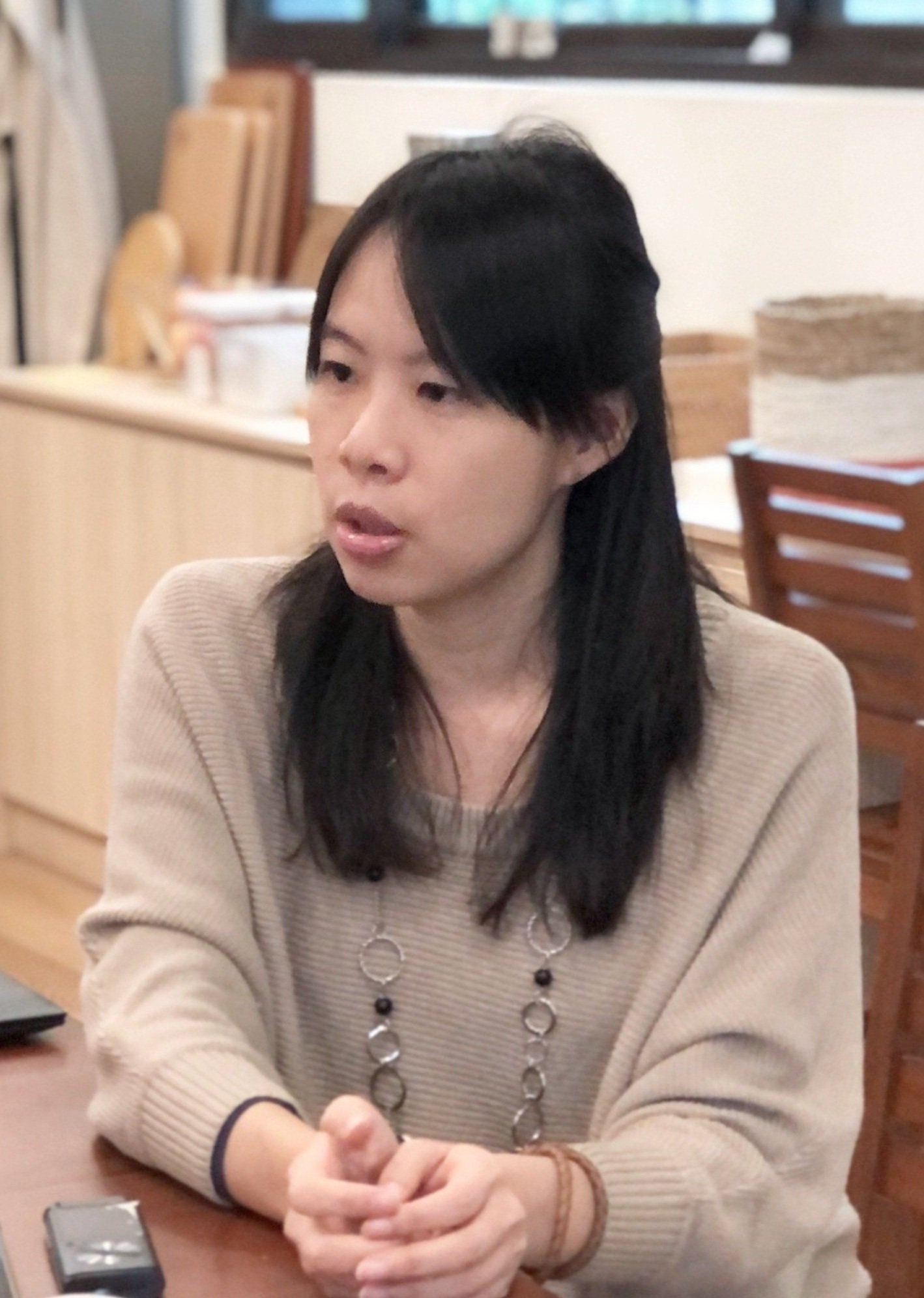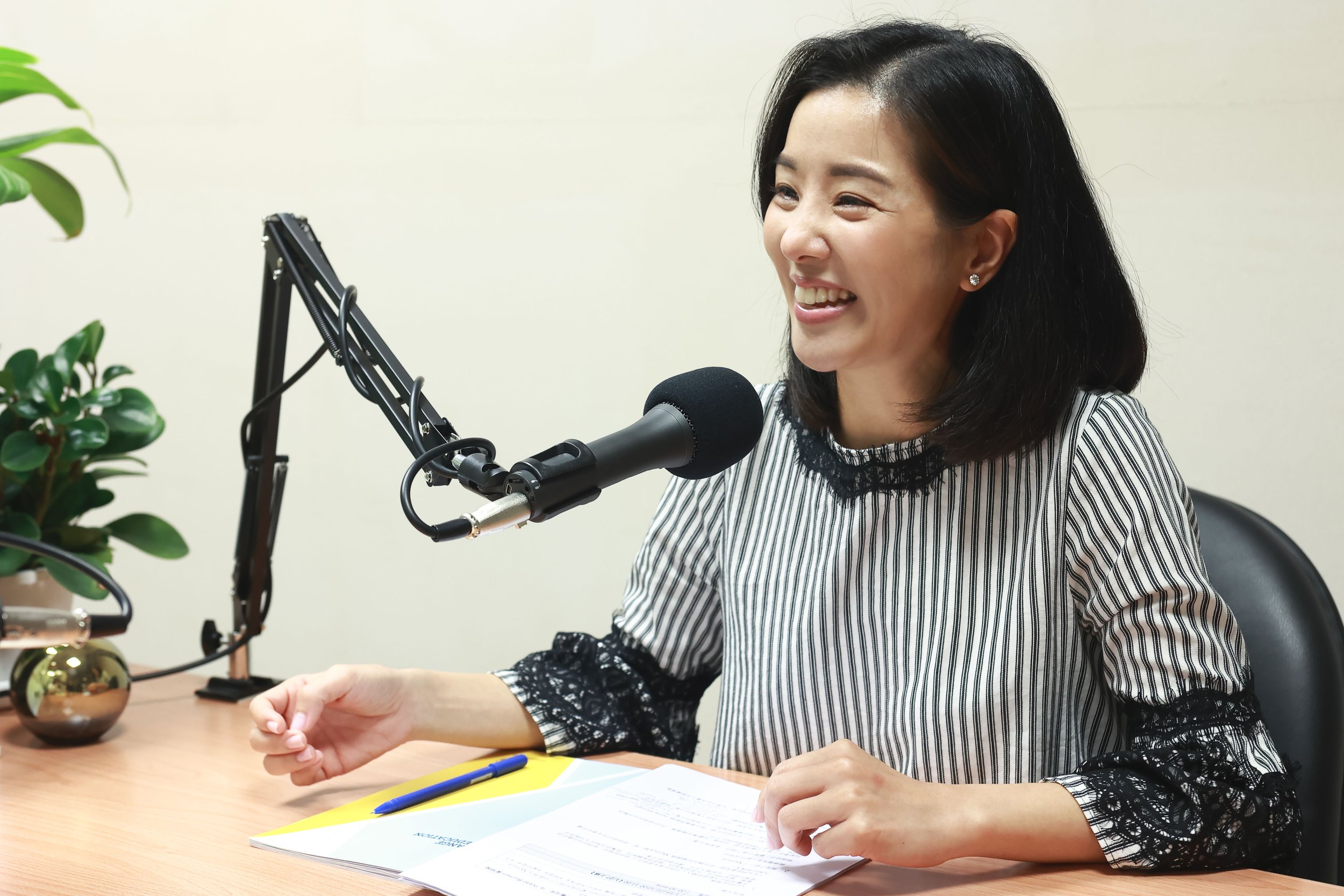The Montessori Adolescent Education Observation comes out of the Y2 Montessori School - Adolescent Community (Y2MAC). It seeks to introduce the public to Montessori educational concepts by observing schools on a day-to-day basis.
(Photo by Karolina Grabowska on Pexels)
Unary equations, geometry, π=3.141592... junior high school math is without a doubt one of the most sleep-inducing subjects, especially when combined with sleep-deprived knot-tied brains. Almost everyone has been guilty at one time or another of daydreaming or dozing off in class. And despite a teacher’s best efforts, even Montessori middle school students drift off to the "land of nod” now and then.
Fankan Hsu, a Montessori mathematics teacher, when faced with the dilemma of students face-down fast-asleep at their desks did not take the traditional approach of throwing chalk to wake the sleepyheads up or bawling them out for a mid-class slumber. Montessori middle school instructors have been trained to respect individual differences and needs. Of course, when a student is sleeping, it affects the learning atmosphere and other students' states of mind. However, if students seem drowsy, Mr. Hsu thinks, "Should I wake the kids?" or "If the students are tired, shouldn’t I let them rest? How should I handle the situation?” He put the question to other teachers.
A siesta system bolsters students’ self-discipline
(Photo by fauxels on Pexels)
The instructors engaged in a serious discussion on sleeping in class. Why do students fall asleep? Is sleeping in class strictly forbidden? How does sleeping affect others? And how can students balance schoolwork and rest? The consensus was that the focus should not be on whether students should be permitted to sleep in class but on how to help the kids develop self-discipline. Before discussing the issue with their classes, the teachers first conducted simulated discussions before broaching the subject in the classroom and asking students to brainstorm solutions.
"Can I sleep in class?" The question sparked intense interest on the part of the kids in classes. But teachers, having examined all sides of the problem in their mock discussion, were well-equipped to help students hash out their opinions. The result was a unanimous decision: If you’re really tired and want to sleep, then go right ahead! However, students would be required to sign a log and would be given a timer to remind them when break time was over. If they were sleepy, they wouldn’t need to raise their hands or inform the teacher; just leave the classroom silently and return when the time is up.
Thanks to this “siesta system,” students would no longer have to study reluctantly or feel guilty because they’re sleepy. Everyone would be free to leave and catch a few winks before returning, and teachers would no longer have to worry about whether to awaken a somnolent student. The discussions bore fruit; everyone now understood that the solution at its core was the setting up of a system for self-discipline. After all, if you’re nodding off, learning will be compromised.
Montessori middle school teachers spend lots of time talking over issues of a similar nature; such as, if a door lock is broken, should it be replaced or repaired? What are the pros and cons? What should be discussed with students, and what should be left to the school to decide? Everything in life is a learning opportunity. Through discussion and reflection, students can enhance the application of logic in their thinking by looking at all sides of an issue. Moreover, the decisions reached in this manner are more open and democratic, so everyone will naturally be more inclined to abide by them. Sleepy? Then lie down and recharge!
Written by Yu-Hsiu Su
Images provided by Y2MAC
Translator: Robert Fox/Graduate Institute of Translation and Interpretation, NTNU
Established in 2022, Y2MAC is Taiwan’s first fully residential Montessori middle school. By creating a well-prepared environment, cross-disciplinary projects, and meaningful work for young people, we assist them in understanding themselves, connecting with the community, and developing the courage and wisdom that they’ll need in their adult lives.






